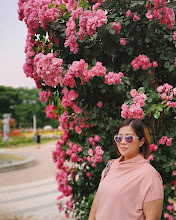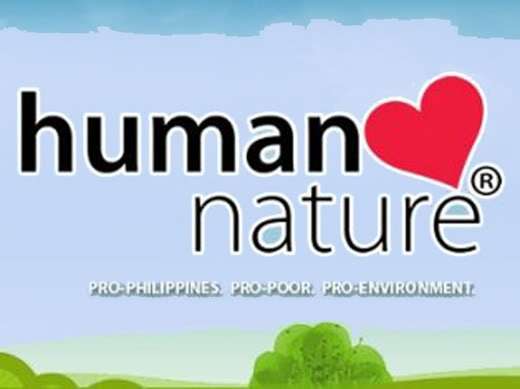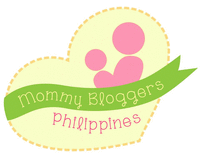The event aims to equip authors, illustrators, and publishers with the necessary
skills and knowledge in producing children’s books, while highlighting Meranaw
culture and traditions.
“There should be available quality and accessible Maranao books that represent
who they are and the way they live. In the 2023 National Readership Survey
results, there was a notable decline in reading non-school books, which was at
43% for children. Access to books emerged as the primary reason for the decline,
with limited awareness of public libraries and constraints in time and distance,”
said NBDB Executive Director Charisse Aquino-Tugade.
She added, “NBDB’s grant supports publishing stakeholders in enhancing their
skills and knowledge through professional development events such as the
Marawi Children’s Book Fest. We encourage other organizations to initiate events
such as this.”
In a list compiled by Aklat Alamid, only around 20 children’s books from different
regions in the country feature Muslim stories from 1990 to 2012 but were mostly
authored by non-Muslim Filipinos. The next year, 2013, marked a new milestone as
the number of titles featuring Muslim stories increased to more than 100 titles by
2023. With the implementation of Mother Tongue-Based Multilingual Education
starting in the 2012-2013 school year, different mother tongues, including those
spoken by Muslim Filipinos, were used in reading materials for early-grade level
students.
“The seminar-workshop aims to orient the participants on the importance of
books for Meranaw children and to guide the preselected authors and illustrators
in the process of developing the picture books,” said M.J. Cagumbay Tumamac,
popularly known as Xi Zuq to his readers, who is also the co-founder and
administrative head of Aklat Alamid.
He added, “As part of a larger project, [we aim] to develop four picture books on
Meranaw culture, created by Meranaw authors and illustrators, written in the
Meranaw language, and for Meranaw readers.”
The festival takes on deeper significance in the context of post-siege Marawi,
where the 2017 conflict left physical and emotional scars on the community. In the
years since, educators, parents, and cultural advocates have underscored the
role of storytelling in rebuilding Maranao identity and heritage, as well as
promoting healing and fostering peace.
Meranaw Orthography, Storytelling Sessions, Bibliotherapy
One of the main events at the workshop is a panel discussion titled Stories of
Hope: Meranaw Voices from Marawi, which will present peacebuilding efforts in
the community and share tools for education and empowerment with the
participants.
Meanwhile, there will also be an expressive, interactive, and visual storytelling
session on two culturally rich children’s books, Si Jalal Ago So Ranaw and Ranao
Monster. These stories are rooted in Meranaw culture and the natural beauty of
Lake Lanao, the largest lake in Mindanao.
The three-day event will also include discussions and workshops on the
importance of Meranaw children’s books, Maranao orthography, children’s books
illustration, and bibliotherapy. In a hybrid format, the book fest is expected to
gather 150 participants including students, parents, teachers, authors, publishers,
and novice illustrators. The speakers and facilitators are from the MSU-Main
Campus, the City Schools Division of Marawi, Teach Peace Build Peace Movement
Inc., and Aklat Alamid.
The event is in partnership with the university’s Meranaw Cultural Heritage Center,
the City Schools Division of Marawi, and the Division of Lanao del Sur 1 under the
Ministry of Basic, Higher, and Technical Education of the Bangsamoro
Autonomous Region in Muslim Mindanao.





















0 replies:
Post a Comment